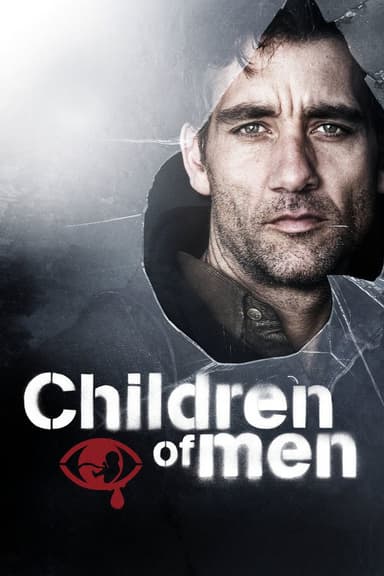
First Born
1988 • Drama, Science Fiction
Edward Forester is a genetic researcher, intent on breeding primate hybrids. But his experiments take a strange turn when he succeeds in breeding a human/gorilla hybrid. He hides the results of the experiment, adopting the child, and helps Gor to speak and blend into society. But Gor can't help being what he is, and tragedy and revelations are the ultimate result.
Runtime: 2h 30m
Why you should read the novel
If you value the depth and nuance of complex characters, Nicholas Fisk’s novel First Born is a must-read. The book offers unique insights into the protagonists’ inner lives, which the film adaptation cannot fully capture on screen. The gradual escalation of suspense and uncanny events is far more immersive in prose, allowing readers to truly inhabit the story’s unsettling world.
Fisk’s storytelling employs a masterful use of language, letting readers experience ambiguity and dread that unfold with deliberate pacing. Engaging directly with the novel, you feel every uncertainty, eerie silence, and creeping sense of inevitability, all of which are too often rushed or overlooked in the film version.
Reading First Born offers an opportunity to uncover psychological and thematic layers left unexplored by the film. The novel's thematic richness rewards thoughtful readers, providing food for thought long after the final page, and establishing connections with the material not accessible by merely watching the movie.
Adaptation differences
One of the most significant differences between Nicholas Fisk’s novel First Born and its 1988 film adaptation lies in the storytelling approach and depth of characterization. The book delves into the internal struggles, motivations, and thoughts of its protagonist, providing a layered psychological portrait that the film, limited by visual storytelling, cannot fully replicate. This internal focus allows for a more nuanced exploration of fear, uncertainty, and the concept of identity, all central to the novel’s impact.
Additionally, the narrative structure diverges considerably. The novel unfolds with a measured, almost literary pace, building suspense through psychological tension and ambiguity. The movie, in contrast, adopts a faster, more sensational approach, implementing visual horror tropes and condensing complex plot threads for time constraints. This shift often results in the loss of subtlety and the atmospheric unease that makes the novel uniquely gripping.
Moreover, character development differs between the two versions. Secondary and supporting characters in the book have carefully constructed backgrounds and relationships that add depth to the protagonist’s journey. In the film adaptation, these roles are frequently reduced or even omitted, simplifying interpersonal dynamics and streamlining the narrative for cinematic pacing.
Finally, there are notable changes in thematic emphasis. The novel contemplates the ethical and existential implications of artificial life and individual autonomy, themes given substantial weight in Fisk’s prose. The film adaptation, however, opts for a more conventional horror approach, downplaying philosophical questions to focus on external conflict and visual thrills. This compromises the source material’s intricate commentary on humanity and technology.
First Born inspired from
First Born
by Nicholas Fisk










